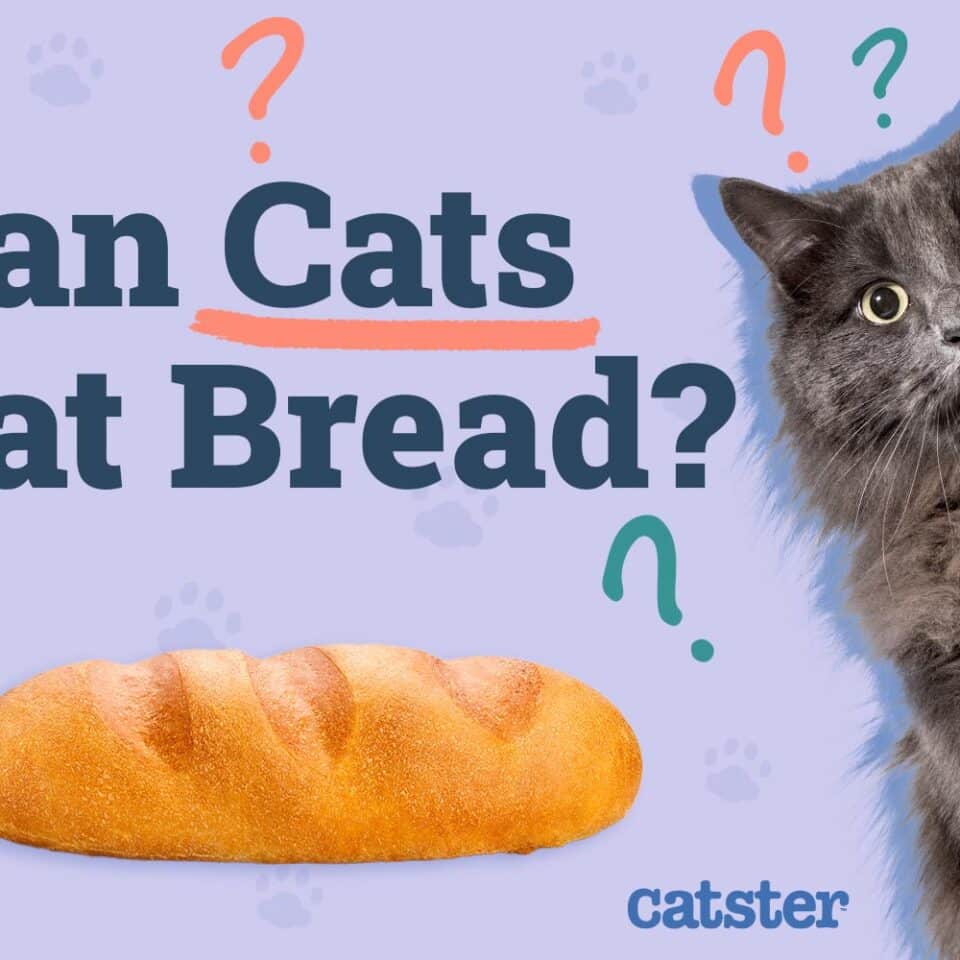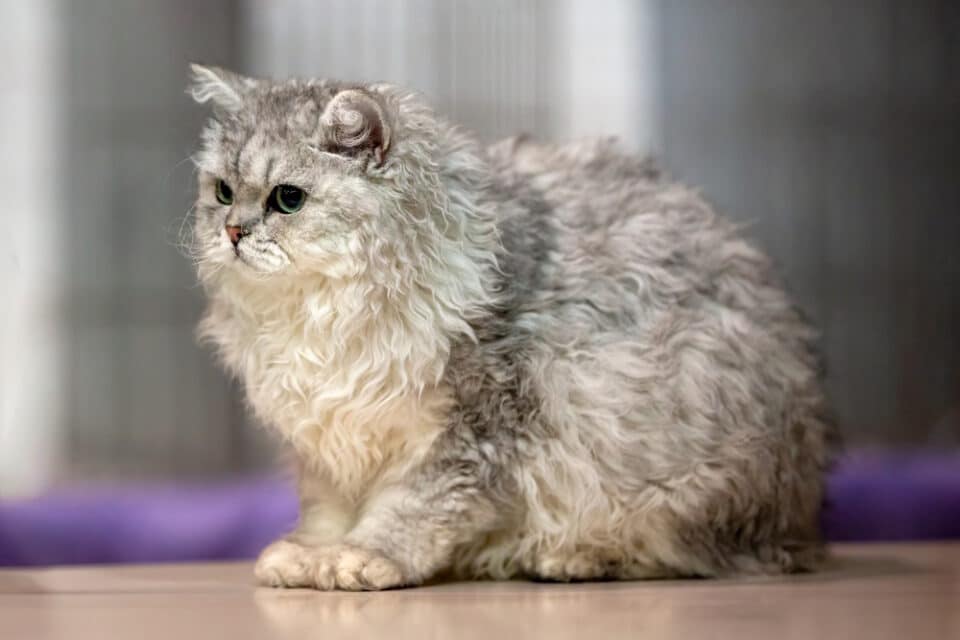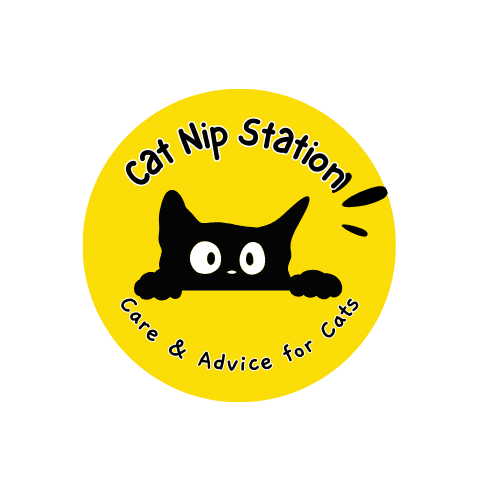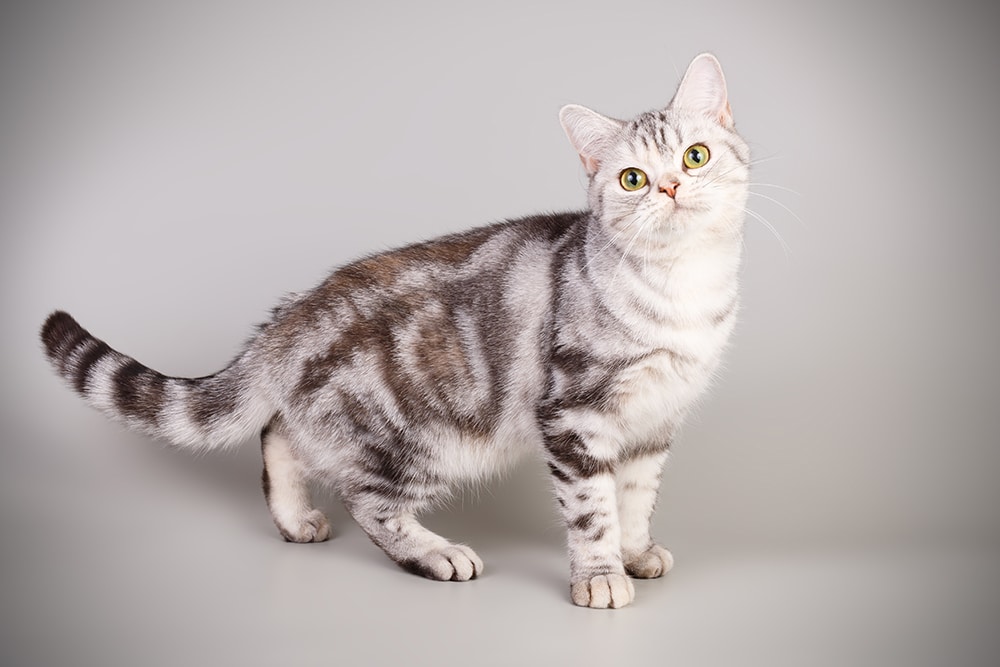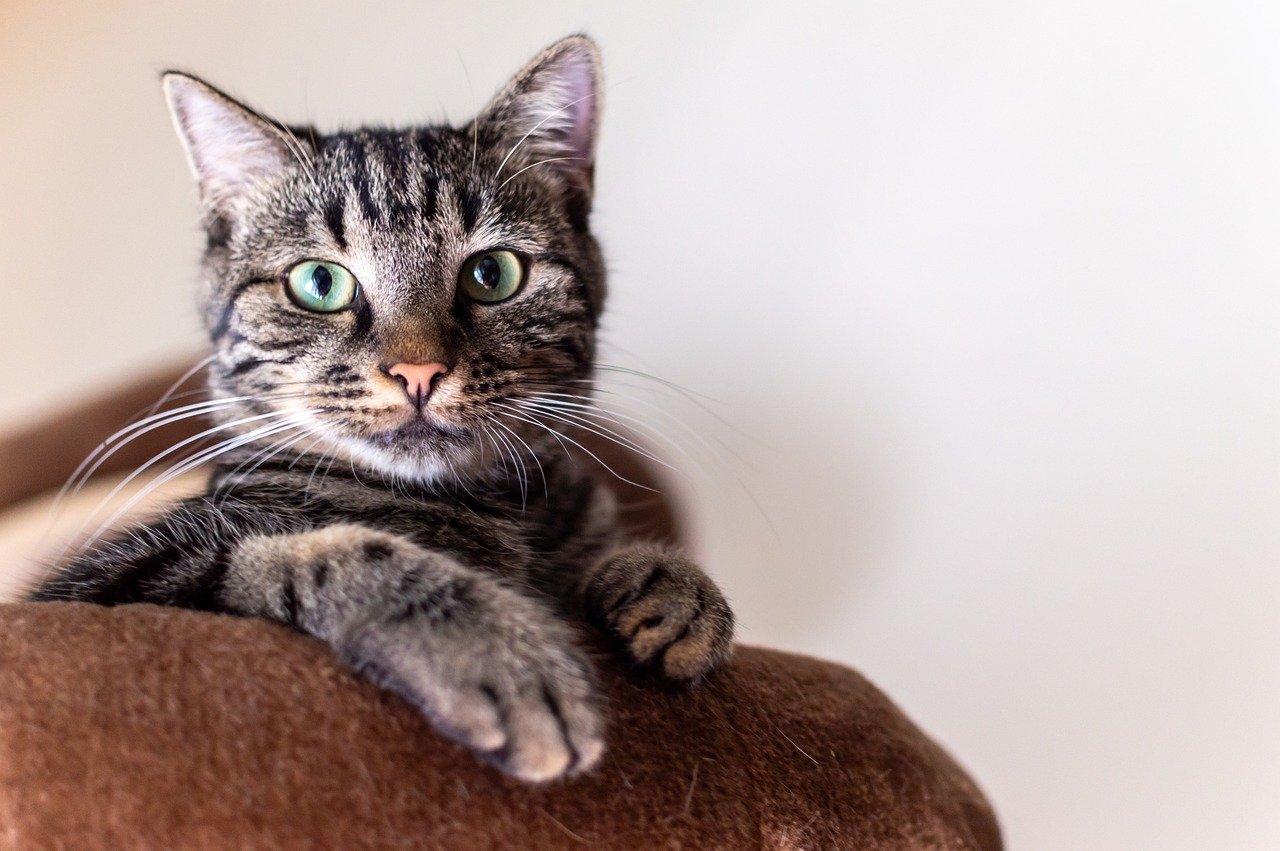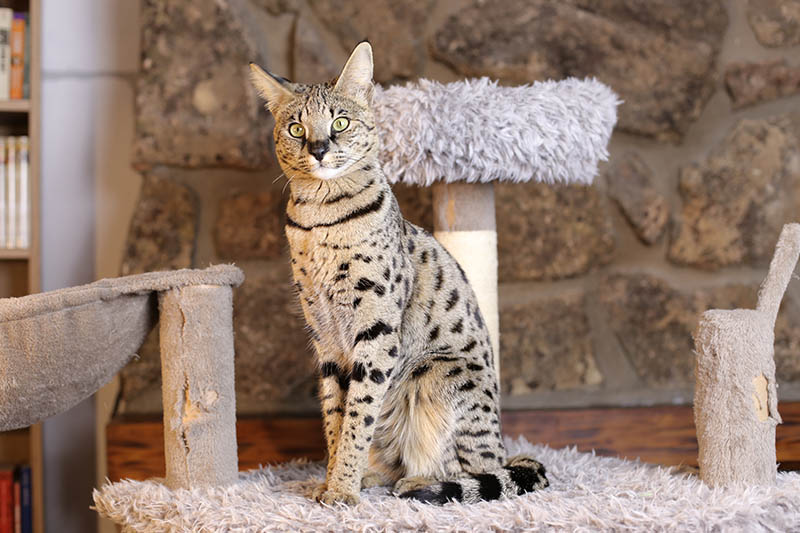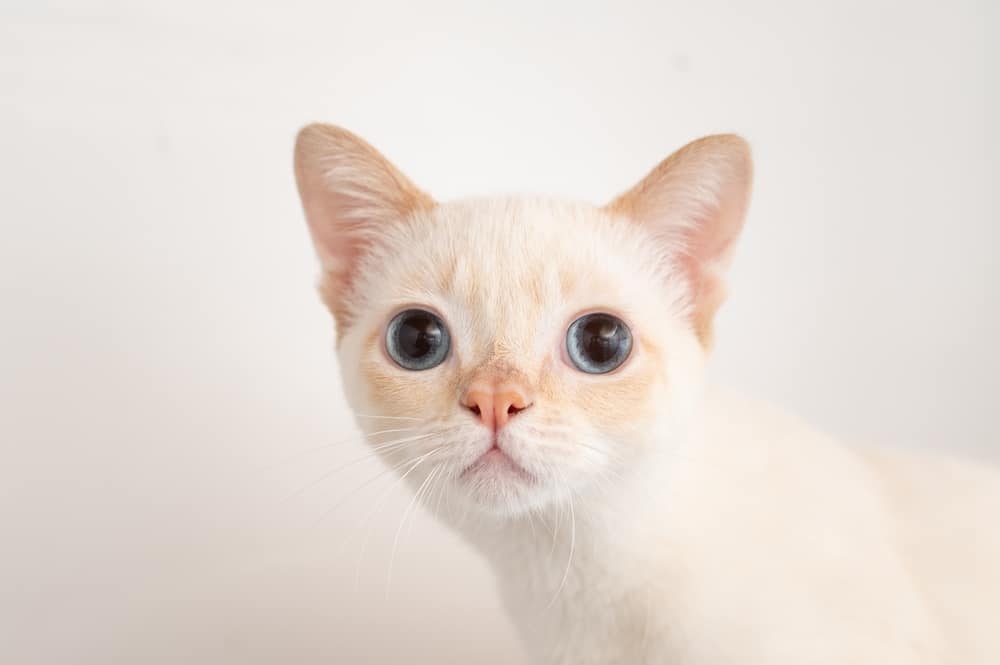If you’ve ever seen a cat eyeing your toast with curiosity, you might wonder if sharing is safe. Cats nibbling on bread might seem harmless, but let’s dig deeper into the surprising nuances of this seemingly simple snack.
First off, yes, cats can eat bread without immediately keeling over. But let’s not get carried away here. Cats are obligate carnivores, meaning their bodies are designed to digest meat, not grains. Giving your feline friend a bit of bread now and then as a treat isn’t harmful, but it’s not adding any nutritional value either. If you’re thinking of spicing things up with bread-based goodies like muffins or cakes, perhaps reconsider. These delightful treats are overflowing with sugar and fats, which could lead to your cat feeling a bit under the weather. Plus, some ingredients lurking in these baked goods could pose risks to feline health, like the ever-dangerous chocolate and coffee.
Bread might fill the belly, but it won’t necessarily do your cat any favors. It’s like offering them a bite of air, nutritionally speaking. Sure, bread’s safe here and there, but making it a staple can result in uncomfortable bloating and other tummy troubles for your whiskered buddy. Cats chowing down on bread regularly might find themselves tipping the scales toward obesity, which brings its own set of health issues, like joint problems and diabetes.
Now, here’s where things get serious: bread dough is a whole other ball game. Raw dough isn’t just a no-go—it’s dangerous. The process of dough rising can continue in the stomach, leading to a distended tummy and, in extreme cases, could cause a blockage. And raw starters used for sourdoughs aren’t any better. They pack similar risks with the added threat of contamination if they’ve been stored improperly.
While your cat might gaze longingly at your sandwich, it’s best to keep their paws off the breadbasket. Bread doesn’t harm in small amounts but doesn’t help either, and raw dough is a definite don’t. Stick to feline-friendly snacks that offer real nutritional perks.
